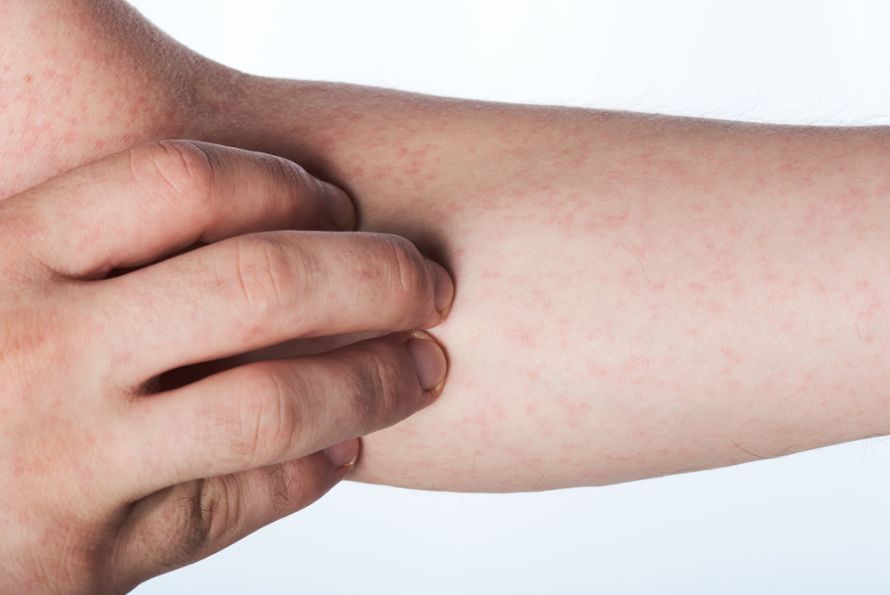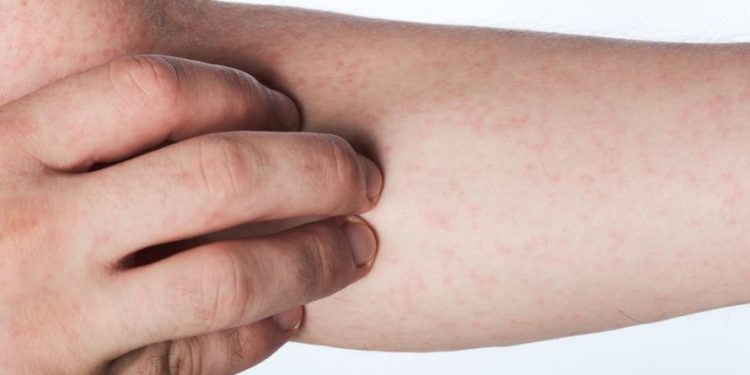Vasculitides symptoms vary depending on which type of vasculitis you have, the organs involved and your body’s response to treatment. Some people with this condition have few or no symptoms, while others experience severe and life-threatening problems. The exact cause of vasculitis is not known, but it is an autoimmune disorder that causes the body’s immune system to mistakenly attack certain blood vessels.
Your doctor will check for symptoms of vasculitis with a physical exam, an evaluation of your medical history and by doing tests. X-rays of your blood vessels (angiography) are often used to find the source of the inflammation. Your doctor may also perform a biopsy, which is when a sample of tissue from the area where you are suspected to have vasculitis is removed and examined.
Early signs and symptoms of vasculitis typically include fever, fatigue and weight loss. You may also have areas of rash, muscle weakness or breathing problems. If you have a rash, it will often appear as small red or purple spots on the skin. If you have muscle weakness, you may have difficulty standing and walking. If you have trouble breathing, you may cough up blood or feel short of breath.
You may have a headache or other aches and pains that are worse when you are stressed or tired. This is a sign that your body is trying to fight off the inflammation caused by vasculitis. Your doctor may prescribe anti-inflammatory drugs, such as corticosteroids or immunosuppressants like methotrexate, azathioprine, cyclophosphamide, rituximab or tocilizumab.

Other symptoms of vasculitis may include a rash that looks like small red dots or bruising, ulcers in the mouth or on your genitals and open sores in the stomach or intestines. Some types of vasculitis also cause numbness or weakness in your hands and feet, as well as problems with the eyes, nose or throat.
If you have a serious form of vasculitis, such as giant cell arteritis or Kawasaki disease, your doctor may order a chest X-ray to look at the lungs and see if they are affected by the disease. If you have these diseases, your doctor may also recommend a procedure called plasma exchange.
Treatment for vasculitis includes taking a combination of drugs to control the inflammation and manage any underlying conditions that are causing it. Drugs are usually started with a high dose of a corticosteroid to slow the progression of the disease, then slowly tapered as you respond to the medication and your doctors monitor your condition.
The drugs you take to treat your vasculitis will depend on the type of vasculitis you have and which organs are affected by the disease. Corticosteroids and other immunosuppressants are the most common medications prescribed to people with vasculitis.
Immunosuppressants are usually used in combination with a corticosteroid to slow down the progression of your condition. Your doctor may also prescribe blood thinners, such as heparin, to prevent blood clots from forming.
Other medicines, such as sulfa drugs or antibiotics, may be prescribed to treat any infection that is affecting the blood vessels. Other medicines, such as NSAIDs (nonsteroidal anti-inflammatory drugs) or aspirin, can reduce swelling and relieve pain.









